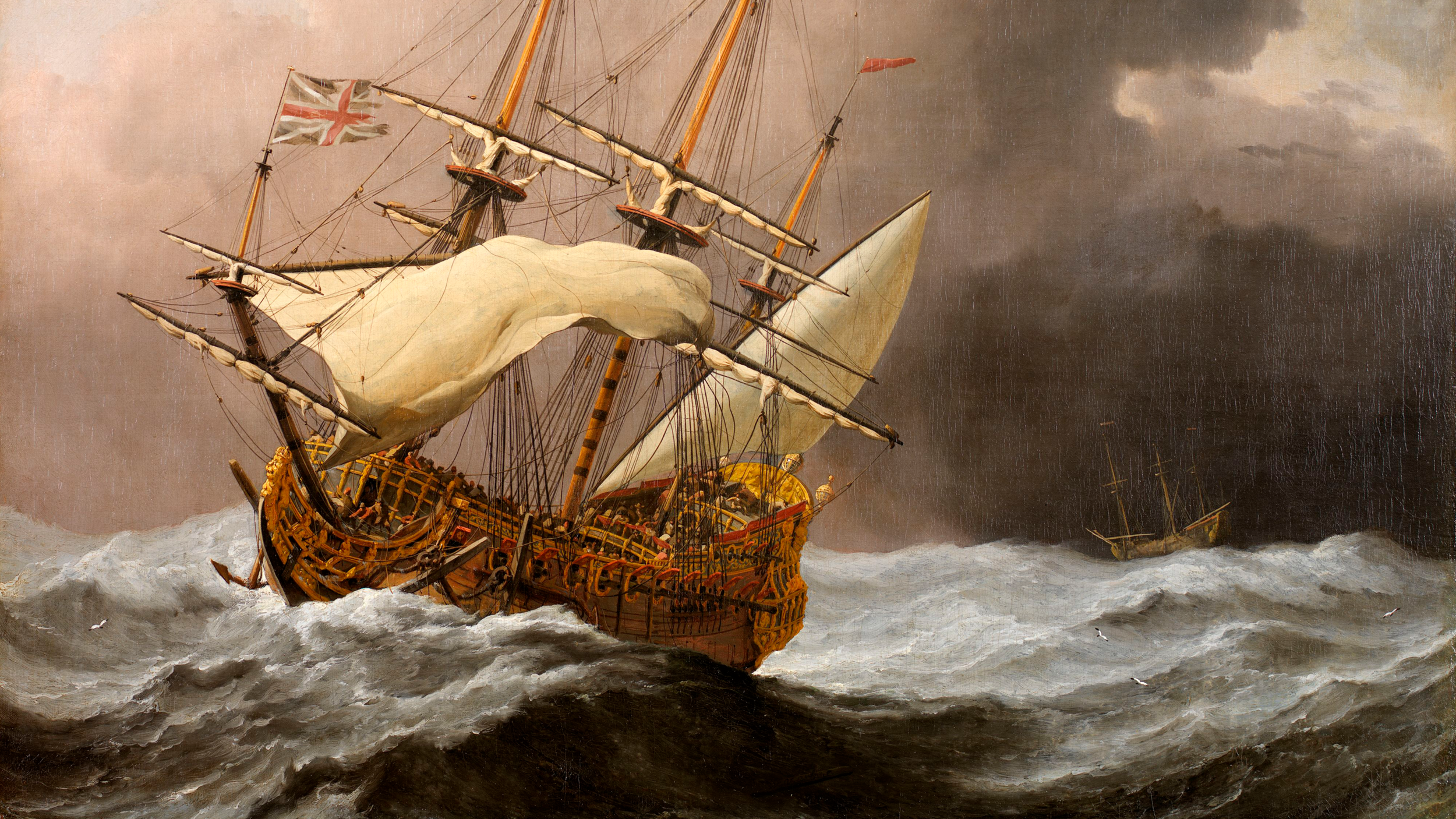
ISSUE 7
Editorial
Naush Sabah
24/11/21
1. Take a tub of natural yoghurt and empty it into a large bowl; mix in a teaspoon of besan (gram flour); fill the yoghurt tub with water and pour that into the bowl; add a pinch of salt and whisk it all up. Leave it to sit for an hour. You have lassi; take a sip—take a whole glass.
My mother’s recipe for lassi ni karriy/kadhi/curry would be more useful than my opinions about whatever happenings in the world of contemporary poetry might disturb my peace enough to write about here. This thought struck me when I finished putting together this issue and came upon my usual resistance to editorialising. I feel bound to stick with it in light of Blake’s ‘First thoughts are best in art, second thoughts in other matters,’ since I’ve come to treat this space in the journal as ‘art’ rather than ‘other matters’, as creative and open rather than didactic or definite.
2. Dice onions—how many? Bas, andazeh nal, which is to say, however many you reckon and if you’re unsure, it’s a sure sign you’re a fool in practical matters. I did say we were to be open rather than definite but let the openness be guided by instinct.
Offshoots: What is happening that disturbs my peace enough? The category definition disputes that bleed into our creative sphere via the current ‘culture wars’; the shamelessly belligerent and ego-driven smearing and attempts to ostracise left-wing women (in particular) writers in left-wing cultural spaces which too many are complicit and comfortable with—as if that same behaviour from the right is not bad enough alone; the factionalising around these phenomena which operates often by stealth through cliques and leverages the impulse toward self-preservation and self-promotion rather than honesty, fairness, or even a clear-eyed reading of a text or situation; how these things inevitably lead to an insipid, stilted, dishonest poetics that lacks sharpness and force, and to literary reputations built on accruing approval through perceived virtue and social manoeuvring rather than on the strength and effect of individual poems or the books comprised of them.
It was a time of labels, slogans, and evasions. At the worst moments you were expected to lock yourself up in a constipating little cage of lies; at the best a sort of voluntary censorship (‘Ought I to say this? Is it pro-Fascist?’) was at work in nearly everyone’s mind.
‘Inside the Whale’, George Orwell
Not everyone’s. The minds of some are too busy policing everyone else to question themselves. ‘All cops are bastards,’ they say and ‘apart from me,’ say their hearts.
3. In a large pot, fry the onions in plenty of butter, adding garlic, ginger, green chillies, salt, paprika, and bassar. Fry until it looks like the red sauce for a curry. Dash in some water if it sticks. And whatever you do, don’t add tomatoes as you would in most curry bases.
Where does the resistance come from? A wariness of the rhetorical stance the form and nature of a traditional editorial requires one to take; clearly, it’s something we’ve always played with in these pages as best we can. ‘Ideology is unambiguous; poetry is not,’ wrote Eavan Boland, and prefacing a poetry journal with writing that’s ambiguous seems appropriate to me, though sometimes the simple statement is more necessary than the open question or divagatory musing. Nonetheless, while I enjoy the spiky, forceful, certain writing that appears in our prose pieces, I resist it too—and so should you, mine included (but don’t listen to me).
4. Add garam masala and freshly chopped coriander.
Why the first thought in art but not in other matters? The first thought is the instinctive, unfiltered impulse, is the authenticity before ideology, the heart of the matter as it’s perceived before being filtered through the head and its scruples, calculations, and machinations. In art, that first thought is of the seer and speaks directly to the reader, observer, listener; it affects them by activating their own senses and perception, like the fragrance and flavour of rich spices and garnish. In other matters, it leads to vulnerability and risk; second thoughts consider these more carefully; back to self-preservation. There’s a tension there, since what use is writing that risks nothing? Boland again:
The final effect of the political poem depends on whether it is viewed by the reader as an act of freedom or an act of power. This in turn has everything to do with the authority of the speaker. Paradoxically that authority grows the more the speaker is weakened and made vulnerable by the tensions he or she creates . . . The mover of the poem’s action—the voice, the speaker—must be at the same risk from that action as every other component in the poem.
‘Subject Matters’, Object Lessons
5. Take the lassi and pour it into the pot with the onion base—and this is the most important step—stir vigorously, clockwise with a wooden spoon, creating a little vortex in the pot, until the karriy comes to a boil; you’ll be here a while. Then, put a lid on the pot and turn it down to a gentle simmer for five minutes before taking it off the heat.
25/11/2021
Why my mother’s recipe for karriy? My cousin says poti chawal is the most quintessentially Kashmiri (or perhaps Mirpuri specifically) dish and that’s probably true even though kidney beans originate on the other side of the world in South America. The story of humanity is one of migration; belonging to a place only requires a becoming—the place as home, as sanctuary. Yesterday, at least 27 people died trying to cross the English Channel in search of home and sanctuary; 17 of them were men (and their loss is no less tragic than that of women and children), seven of them were women (including one who was pregnant), and three of them were children. Today, two more boats crossed the same stretch of water, bringing 40 people to our shores. Priti Patel would no doubt like to confine some of them to the site of the former Medomsley Detention Centre, which—only a day before those 27 people drowned at sea—she announced she’ll reopen. The symbolism couldn’t be more disturbing; it’s a site haunted by the history of sexual abuse young people detained there suffered for years.
I’m not sure what the point of writing about this here is; I think readers of this little magazine would agree that immigration detention centres are inhumane, that the corruption and callousness we’ve seen from this Tory government in relation to Covid, to Brexit, to migration, and beyond, are truly appalling and deeply destructive. But it’s impossible to think about my mother, my own family, what words might matter and outlive us, without thinking about all the people who died yesterday. And that is what I was thinking about before I read the news—about the written word as a living monument given breath and whose words and work last. Under the ‘first thought’ was one that often pricks me; a question over what value my own work and words on poetry might have compared, say, to my mother’s work and words, which won’t otherwise be preserved beyond her children or grandchildren. How arbitrary such things are; as arbitrary as one man arriving on these shores on a Polish ocean liner in 1951 and his family line continuing into this day and onto this page and another man drowning at sea yesterday with his children, their deaths cutting off the lives of those who might have been.
6. Serve your karriy in a bowl and eat with roti. The two best ways to eat it are to make pakoreh and put them into the karriy, or forgo the pakoreh and simply break your roti into small pieces and soak it in the karriy. Eat with your hands.
The thing about karriy is that it’s comfort food that takes work. If you stop stirring, it might split, the lassi may curdle; if you make some misstep, it’ll end up watery with flecks rather than a creamy consistency. But if you get it right, there’s little more satisfying. I’ve written about it before and I’m sure I will again; it’s not just a favourite dish but what comes to mind when I think of home and my mom and the work she did every single day to nourish me, the work her life has been spent on, and continues to be spent on.
Recipes too are crafted things like poems, passed on first orally or written and shared, known on the tongue and senses, preserved as an element of a culture’s will to survive. A poem might be thought of as a last gasp against oblivion, the printed page a monument to life. Some of the writing in this issue evokes the threat of the sea and its violence. It’s why its cover bears an image of the HMS Hampton Court; the painting preserves the violence of the English at sea. It’s a violence not everyone survives; their poems and their recipes don’t reach us. We can’t read or write in their place but we can read and write in our own with them in mind.
